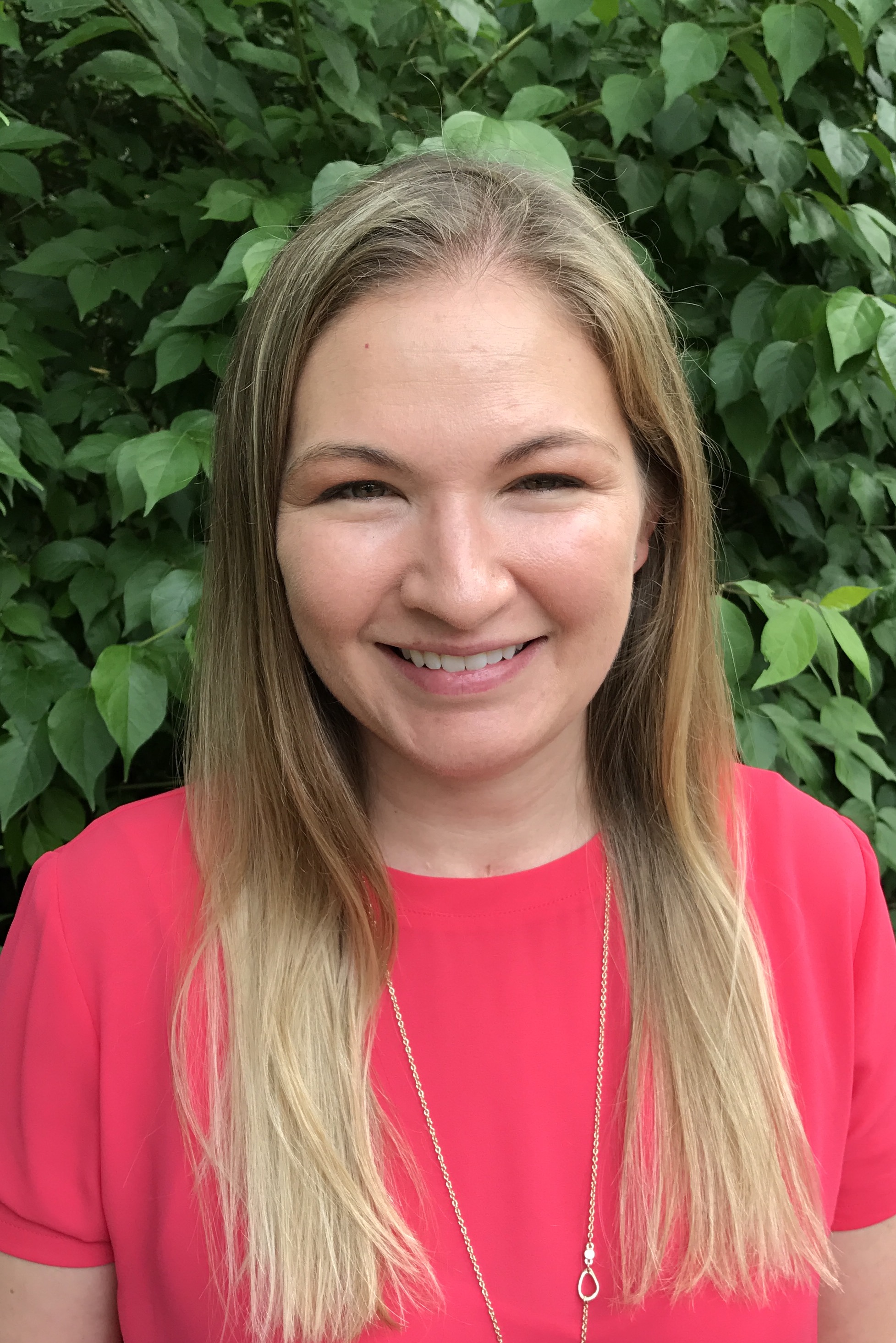
Contributor: Melissa O’Neill, LCSW, Director of Clinical Operations at Timberline Knolls Residential Treatment Center
The face of business owners and entrepreneurs is a rapidly changing landscape, with more women venturing into the field of business and enterprise today than ever before. So, why are female entrepreneurs experiencing more addiction and substance use disorders?
According to the Kauffman Index of Startup Activity, the rate of female entrepreneurs saw the largest increase in almost two decades in 2016 alone [1]. Today, four out of ten new entrepreneurs are women, and the growth of female billionaires is rising faster than the growth of male billionaires [2].
In a realm of business that is predominantly driven by men, the rapid increase of female entrepreneurship is opening new business opportunities and ventures for women across the globe.
Challenges to Female Entrepreneurs
With more women venturing away from traditional jobs and making their future as entrepreneurs in the business world, these women are facing and navigating many challenges.
For example, the majority of women entrepreneurs will continue to be the primary caretakers of their families, including running a household and caring for children. Maintaining dual responsibilities for both a business and family can create significant stress, as women attempt to achieve a work-life balance.
“Mompreneurs” describes this category of high-achieving businesswomen venturing into entrepreneurship while also maintaining a somewhat traditional role in the home.
According to a report by Working Mother, as many as one in three small business owners in the United States are mothers, which translates into more than 3 million businesses.
Yet, women business owners often have minimal support, mentors for professional growth and funding for their businesses compared to their male counterparts.
Whether a female entrepreneur is a mother or not, she is likely juggling many responsibilities in addition to her business, which can influence feelings of isolation and being overwhelmed throughout her journey and possibly leading to substance use disorders.
Substance Use Disorders and Addiction in Women
For a woman who may have poor coping skills, certain personality traits, a family history of substance abuse, is currently taking certain medications and/or dealing with other factors that increase her susceptibility to substance use disorders, the work stress from entrepreneurship can be a triggering situation.
 Research has shown several factors that may increase a woman’s susceptibility to substance use disorders, including differences in stress reactivity, increased rates of mood and anxiety disorders, higher incidences of eating disorders, and the prevalence of post-traumatic stress disorder [4].
Research has shown several factors that may increase a woman’s susceptibility to substance use disorders, including differences in stress reactivity, increased rates of mood and anxiety disorders, higher incidences of eating disorders, and the prevalence of post-traumatic stress disorder [4].
Gender differences observed in biological, psychological, cultural, and socioeconomic factors may affect the initiation, use patterns, acceleration of disease course, and help-seeking patterns in women versus men.
Triggers like loneliness, stress, fatigue, and low self-esteem can deeply affect a woman who has other risk factors for substance use disorders and addiction.
Some of the common substances that a woman may inadvertently turn to as a means of coping or emotionally numbing include prescription painkillers, stimulants, and sleeping pills.
Obstacles in Connecting to Addiction Treatment
Women, particularly women in entrepreneurship, may face more challenges in connecting to needed treatment for substance use disorders. Generally, women are less likely than men to seek treatment and often face gender-specific treatment barriers, such as fulfilling childcare responsibilities, financial status, and social stigma [4].
Female entrepreneurs may also be more hesitant to leave their own business or fear what may happen to the overall success of their business if a hiatus is taken for care and addiction treatment.
Some women entrepreneurs who are self-employed may face obstacles when it comes to health care coverage, with minimal or no coverage while working for themselves versus outside employment.
Seeking out immediate help and treatment can provide the necessary interventions for recovery from substance use disorders and addiction. Some female entrepreneurs may find that women-only addiction treatment centers may better provide services specifically for some of the unique issues that a woman might face.
Interventions specifically designed for women-only groups have indicated that women-only addiction treatment is associated with fewer relapses and higher treatment satisfaction ratings [5].
 If you are a female entrepreneur who is struggling with a substance use disorder or addiction, it is important to know that you are not alone.
If you are a female entrepreneur who is struggling with a substance use disorder or addiction, it is important to know that you are not alone.
You may feel overwhelmed by the multiple responsibilities that you have been attempting to manage and even more confused about your decision to seek treatment.
Know that you are deserving of help and care, and professional intervention can be life-saving, in addition to bringing you greater clarity in life and your business.
Making a choice to leave a business that you have built from the ground-up can seem foolish, but making self-care a priority is absolutely essential to your well-being. Take a step today by reaching out to someone you trust, and know that a fulfilling life awaits you as you seek help for substance use disorders.
References:
[1]:The Kauffman Index of Startup Activity, http://www.kauffman.org/kauffman-index/reporting/startup-activity Accessed 29 June 2017
[2]: Female Entrepreneurs, “Women Entrepreneurs’ Outlook 2017”, http://femaleentrepreneurs.institute/women-entrepreneurs-outlook-2017/ Accessed 29 June 2017.
[3]: Working Mother, “It’s Small Business Week – Remember the Mompreneurs”, http://www.workingmother.com/content/small-business-week-remember-mompreneurs Accessed 29 June 2017
[4]: Greenfield, S. F., Back, S. E., Lawson, K., & Brady, K. T. (2010). Substance Abuse in Women. The Psychiatric Clinics of North America, 33(2), 339–355. http://doi.org/10.1016/j.psc.2010.01.004
[5]: Dahlgren L, Willander A. Are special treatment facilities for female alcoholics needed? A controlled 2-year follow-up study from a specialized female unit (EWA) versus a mixed male/female treatment facility. Alcohol Clin Exp Res. 1989 Aug; 13(4):499-504.
About the Author:

Melissa O’Neill, LCSW, is the Clinical Director for Timberline Knolls Residential Treatment Center. Melissa’s role involves collaborating with others to create the vision and curriculum for all group programming offered at TK. She also clinically supervises the talented specialists who facilitate groups all over campus.
Early in her career, Melissa spent time in residential care, working with children with significant trauma histories. She then ran a substance abuse IOP followed by several years in private practice. She also managed an IOP/PHP program for Eating Disorders and Mood Disorders. At Timberline she started as a Primary Therapist, followed by serving as a clinical lead.
Melissa received her Bachelor of Arts degree in Psychology from Vanderbilt University. She earned her Master’s degree in Social Work from the University of Illinois.
Melissa is a member of the International Association of Eating Disorder Professionals.
Thank you to Timberline Knolls for providing this article.

(Advertisement)
Timberline Knolls is a leading residential treatment center for women and adolescent girls, ages 12 and older, with eating disorders, substance abuse, trauma, mood and co-occurring disorders. Located in suburban Chicago, residents receive excellent clinical care from a highly trained professional staff on a picturesque 43-acre wooded campus. An adult partial hospitalization program (PHP) is also available in nearby Orland Park, Ill., for women to step down or direct admit. For more information on Timberline Knolls Residential Treatment Center, call 630-755-5173. We are also on Facebook – Timberline Knolls, LinkedIn – Timberline Knolls and Twitter – @TimberlineToday.
The opinions and views of our guest contributors are shared to provide a broad perspective of addictions. These are not necessarily the views of Addiction Hope, but an effort to offer a discussion of various issues by different concerned individuals.
We at Addiction Hope understand that addictions result from multiple physical, emotional, environmental, and genetic factors. If you or a loved one are suffering from an addiction, please know that there is hope for you, and seek immediate professional help.
Published on August 4, 2017
Reviewed and Updated by Jacquelyn Ekern, MS, LPC on January 12, 2021
Published on AddictionHope.com
